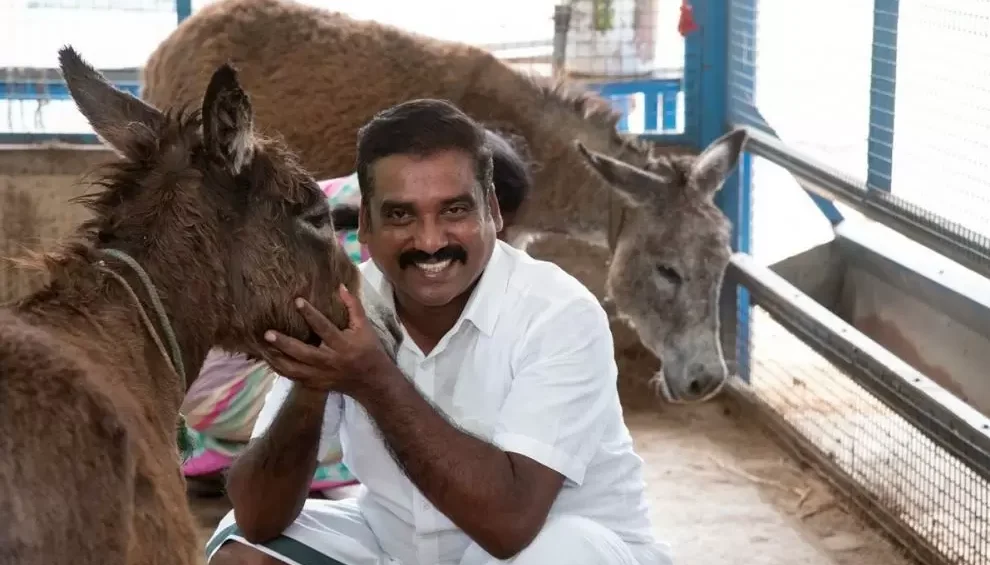In a viral post that has sparked heated debate across India’s startup ecosystem, Sanket S., founder of food-tech venture Scandalous Foods, delivered a blunt assessment of the country’s higher education system and Indian talent pipeline, one that many founders say echoes their own frustrations.
Sanket recently hired three graduates from top-tier Indian institutions an MBA, a food technology graduate, and a hotel management student, from some of the country’s most expensive private colleges, with fees ranging between ₹40-50 lakh. What he discovered left him “scared.”
“They walked out knowing… nothing that actually matters,” he wrote.
None of the hires had exposure to basic, industry-relevant concepts. The food tech student was unfamiliar with precision fermentation, a rapidly growing domain in sustainable protein production. The MBA graduate, despite the high price tag of their degree, struggled to read a P&L or understand cash flow. And the hotel management student had never seen a food processing line, let alone worked in one.
“The only thing they were great at was making PowerPoints. And even that, frankly, can be done better by ChatGPT or Gemini now,” Sanket added.
“We’re Not Training for Work, We’re Training for Exams”
The post highlights a systemic gap in Indian higher education: graduates who excel in theory and structured academic formats, but lack hands-on skills, domain knowledge, or the agility to work in modern high-growth sectors like food tech, biotech, medtech, and climate tech.
“Outdated textbooks, case studies from 2012, zero exposure to real-world problems and then we expect them to drive global innovation?” he asked.
Sanket’s company is building one of India’s first scalable precision fermentation platforms, a cutting-edge space that combines food science, biotech, and sustainability. But instead of plugging in ready talent, he says he’s had to become an educator.
“I’m not running a company; I’m running a classroom.”
Founders Echo the Concern
The post struck a nerve with startup leaders and investors. In private conversations, several founders confirmed they routinely spend 3–6 months just onboarding new hires into the realities of the job.
A Bengaluru-based clean tech founder, responding to Sanket’s post, commented:
“This is India’s dirty little secret. The college-to-work pipeline is just broken. We either settle for half-baked grads or look overseas.”
Another biotech founder, who recently relocated parts of her R&D to Singapore, told Ascendants.in on condition of anonymity: “Our investors didn’t push us to go abroad. Our talent pool did. We just couldn’t find people here who understood synthetic biology, IP filings, or regulatory frameworks, even at the master’s level.”
Indian Talent Pipeline: The Policy vs Practice Gap
India’s National Education Policy (NEP) 2020 promised an overhaul of rote learning and an emphasis on experiential and interdisciplinary education. But the implementation has been uneven. Private institutions continue to charge exorbitant fees while producing graduates ill-equipped for 21st-century industries.
“There’s a massive disconnect between what founders need and what colleges teach,” said Niti Ahuja, co-founder of an ed-tech skilling platform. “And until academia starts collaborating with the industries of the future, we’ll keep producing smart students with outdated skills.”
The Dilemma: Train or Import?
For founders like Sanket, the options are limited. Either invest heavily in training new hires from scratch, essentially becoming an unpaid extension of academia or hire from abroad and risk diluting the “Make in India” dream.
“I feel like a traitor for even thinking of hiring overseas,” he wrote. “But I didn’t build Scandalous Foods to run a coaching center. I built it to compete globally.”
The emotional weight behind the post is hard to ignore. For a founder who has staked his vision and likely his personal finances, on India’s rise in the food-tech sector, the lack of job-ready talent is not just a business bottleneck. It feels like a national betrayal.
“If the talent pipeline is broken, the whole system crumbles. Founders can hustle. Investors can bet big. But who’s going to build the actual product?”
A Wake-Up Call for the Nation
Sanket ends his post on a warning, not a note of hope. “At this rate, we’re not just 10 years behind, we’re raising a generation that doesn’t even know what the world looks like today.”
In a country vying for leadership in global innovation, this isn’t just one startup’s problem. It’s a systemic failure waiting to scale.
Also Read: Rohit Sharma Invests in Prozo: Boosting India’s E-Commerce Logistics Game























